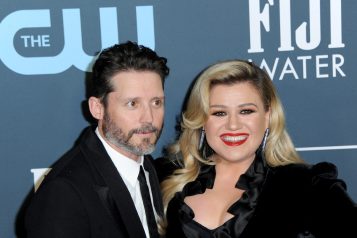 Photo Credit: Lev Radin/Shutterstock
Photo Credit: Lev Radin/Shutterstock
Following a dispute surrounding the film “Yesterday” on Amazon Prime, two individuals who rented the film, initially drawn by the appearance of Ana de Armas in the trailer but disappointed to find her role removed in the final cut, have reached a settlement in their false advertising lawsuit.
Peter Rosza and Conor Woulfe took legal action against Universal in 2022, asserting each was deceived out of $3.99. Initially, a federal judge ruled in their favor, highlighting that movie trailers are susceptible to false advertising claims. However, subsequent setbacks left the men responsible for $126,705 in legal fees incurred by Universal.
On Friday, a settlement was accepted to resolve the case, though specific terms remain undisclosed, with neither party offering comment upon request.
While the outcome appears unsatisfactory to all involved, a significant aspect of the case emerged from a ruling favoring the plaintiffs against the studio. Universal had contended that movie trailers, deemed works of art, should be protected by the First Amendment. However, U.S. District Judge Stephen Wilson rejected this argument, categorizing trailers as “commercial speech” subject to false advertising laws.
Despite this victory, the challenge for the plaintiffs lay in translating legal success into tangible gains. Their attempt to certify a class action based on widespread disappointment faced skepticism from the court due to lack of substantial evidence.
With the false advertising suit moving forward with only two plaintiffs, its potential value diminished significantly. Universal, leveraging California’s anti-SLAPP statute, sought reimbursement for legal fees incurred. Though initially estimated at $672,000, the court reduced this figure to $126,705.
Efforts to negotiate a settlement saw several twists, with the plaintiffs initially indicating a willingness to pursue litigation further. However, a proposed settlement ultimately led to the filing of a joint notice, signaling an impending dismissal of the case.
As the legal saga concludes, the parties prepare to formally close this chapter, underscoring the complexities inherent in navigating legal disputes within the realm of entertainment law.


















